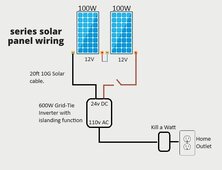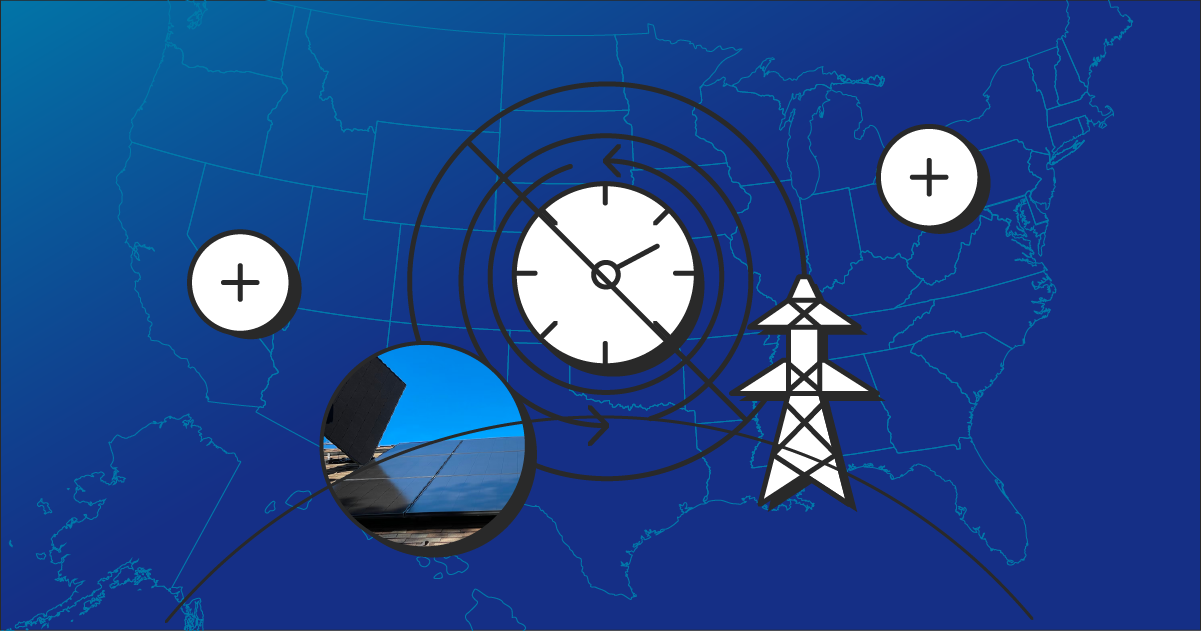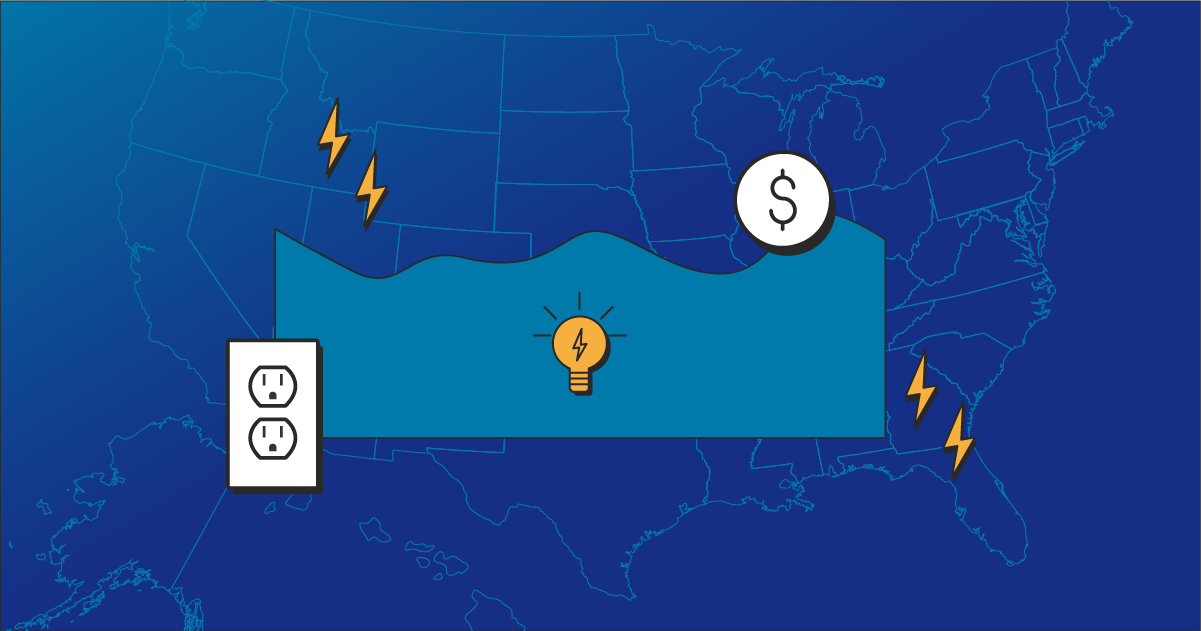"Go big or go home"
You can put in net metering, maybe worth doing if large enough to reduce your bill.
Georgia does have net metering, so see what it takes to get utility permission to operate. Where I am in California, we apply on-line and list the quantity and model of equipment.
Learn how Georgia Power's net metering policy works, who is eligible, and how you can use it to benefit from solar energy.

www.energysage.com
Learn how Georgia Power's net metering policy works, who is eligible, and how you can use it to benefit from solar energy.

www.energysage.com
How much are your electric bills, summer and winter? How much fixed price, how much for consumption? What rate per kWh?
Average in Georgia is $0.14/kWh.
How much does electricity cost in Georgia? Learn what average electric rates and electric bills looks like in Georgia.

www.energysage.com
Solar electric makes more sense for people paying $0.25 or $0.60/kWh.
If you pay someone to install a system, expect to spend $2 to $4 per peak watt, for a system 2kW to 10kW. That will make power at a cost of $0.10/kW (amortized over 20 years), so you break even after 14 years (ignoring interest, time value of money) compared to just paying your utility. Something between 10 and 20 years break-even.
If you DIY, expect to spend $0.50 to $1.50 per watt. That will make power for about $0.03/kWh, break even in maybe 5 years, between 3 and 8 years.
Do you get power failures? You might want to make backup system for communications, cooling fan, etc.
You can do Guerilla grid tie without permission, get a name-brand GT PV inverter with UL-1741 listing (not just "tested to ..." from an off-brand) to ensure safety. If sized so it NEVER exceeds your loads, there won't be any backfeed so utility won't notice. If connected after the power relay of an A/C, it will only operate when the A/C is drawing power, so easier to ensure no backfeed. But if utility can see the panels, they may threaten to cut power.





